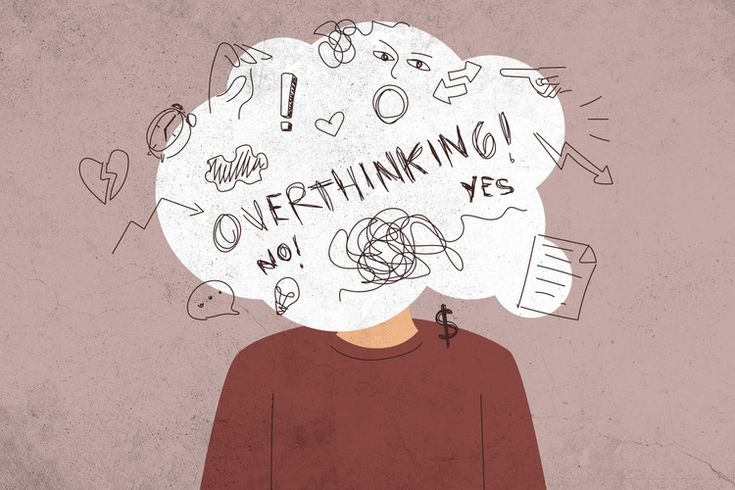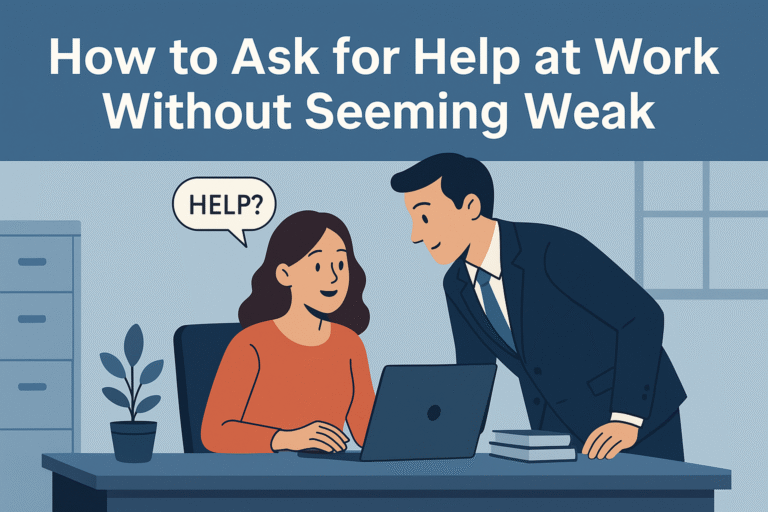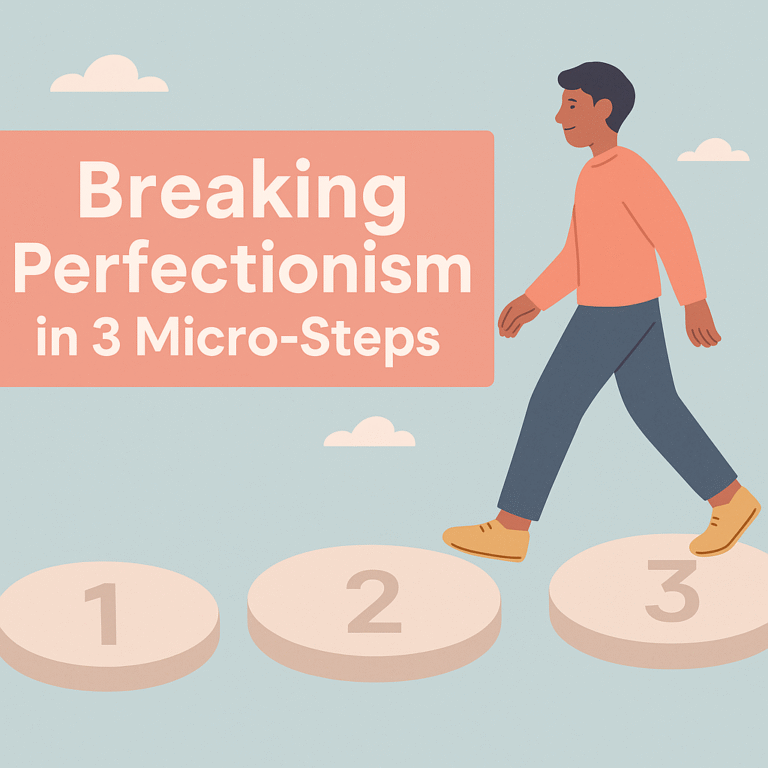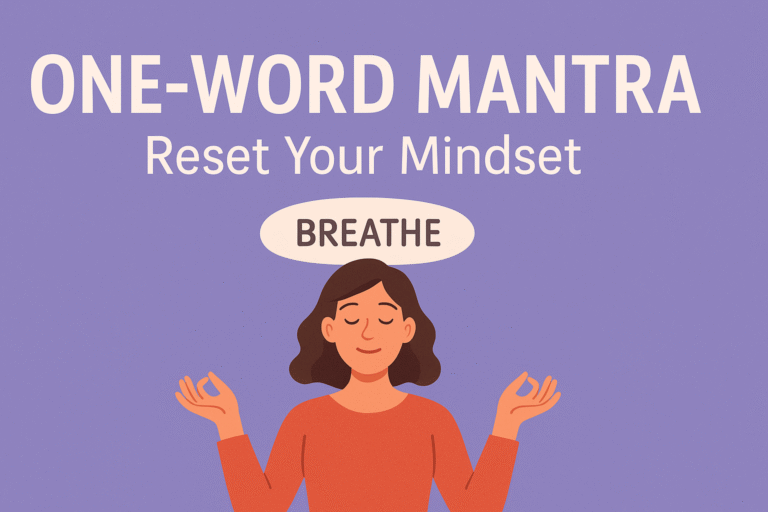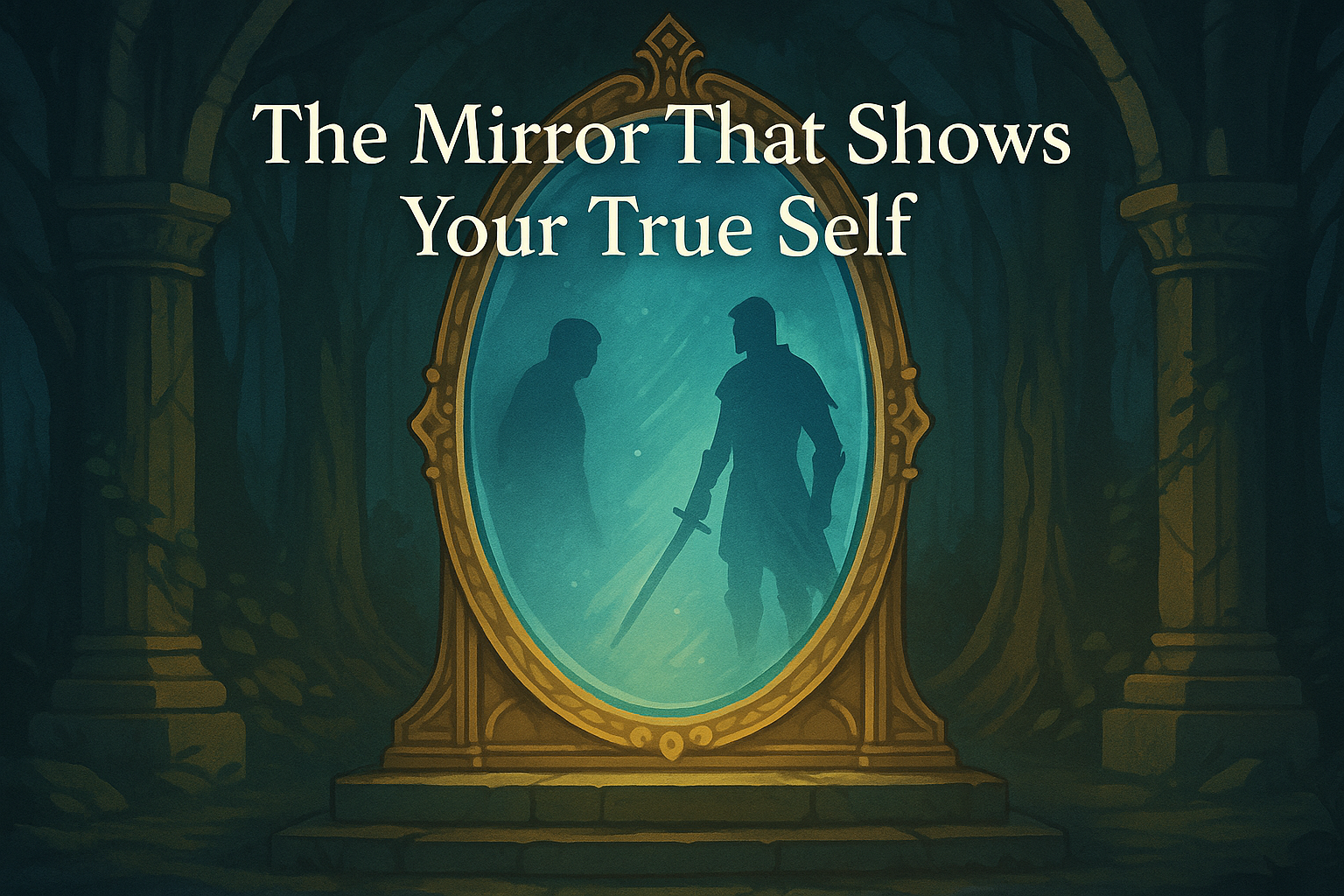Thinking Is the Root of All Suffering — Here’s How to Stop Overthinking for Good
Hello, my friend! Thank you for choosing the Read and Reflect.
Introduction
Do your thoughts keep looping like a song on repeat? That’s overthinking. It makes small worries feel big and big worries feel impossible. The good news: you can slow it down. This guide provides clear, easy-to-follow steps that you can try today.
What Is Overthinking?
Overthinking is when you think about the same problem again and again without taking action or finding peace. It can sound like:
- “What if I fail?”
- “Did I say something wrong?”
- “Why did they look at me like that?”
Thinking is normal. Overthinking is when thinking turns into worry without a plan.
9 Simple Ways to Stop Overthinking
1. Name the Thought Out Loud
Say, “I’m overthinking about my exam right now.” Naming it separates you from the thought and makes it less scary.
2. Set a “Worry Timer”
Give yourself 10 minutes a day to worry on purpose. Write everything down. When time’s up, close the notebook and move on. Your brain learns: worry has a box.
3. Move Your Body for 5 Minutes
Jumping jacks, a quick walk, stretching—physical movement breaks mental loops. Even 5 minutes helps.
4. Ask: “What’s One Small Step?”
Instead of replaying the problem, pick one tiny action you can do now. Email the teacher. Make a study plan. Set one reminder. Action beats rumination.
5. Use the 5-5-5 Test
Will this matter in 5 days? 5 months? 5 years? Most thoughts shrink when you zoom out.
6. Limit Information Overload
Too many videos, posts, and opinions fuel confusion. Decide: “I’ll only read 2 trusted sources.” Less input = less overthinking.
7. Talk to Someone You Trust
Say, “I’m stuck in my head. Can I talk it out?” A friend can give a new view—or simply listen.
8. Practice a One-Minute Breathing Reset
Try 4-4-4 breathing: breathe in for 4 seconds, hold 4, out for 4. Repeat 5 times. This calms your body so your mind can slow down.
9. Make a “Done List” at Night
Instead of listing what you didn’t do, write three things you finished today—even small ones. It trains your brain to focus on progress, not problems.
Quick Worksheet
Thought that’s looping:
What I can control:
One tiny action I will do now:
When I’ll review this again (date/time):
FAQs
Q: Is overthinking the same as anxiety?
A: They overlap, but not always. Overthinking is a habit of repeated thoughts. Anxiety is a broad feeling of worry and fear. You can have one without the other—but the tips above help both.
Q: Can overthinking ever be useful?
A: Planning is useful. Overthinking isn’t. Planning ends with a next step. Overthinking just spins.
Q: What if I can’t stop?
A: Start small. If it feels too hard, speak to a counselor or therapist. Getting help is a smart step, not a failure.
Explore More Lessons
- How to Ask for Help at Work—Confidently and Clearly
- How Zhuge Liang Outsmarted a Thousand Soldiers with Nothing but His Reputation
- Dealing With Parents Who Compare You to Others
Final Thought
Your mind is a busy place. You don’t have to fight it—you just need tools to guide it. Try one tip today. Then another tomorrow. Peace comes piece by piece.
Which tip will you try first? Tell me in the comments.
✅ Inspired by Don’t Believe Everything You Think by Joseph Nguyen
Discover more from ReadAndReflect
Subscribe to get the latest posts sent to your email.

